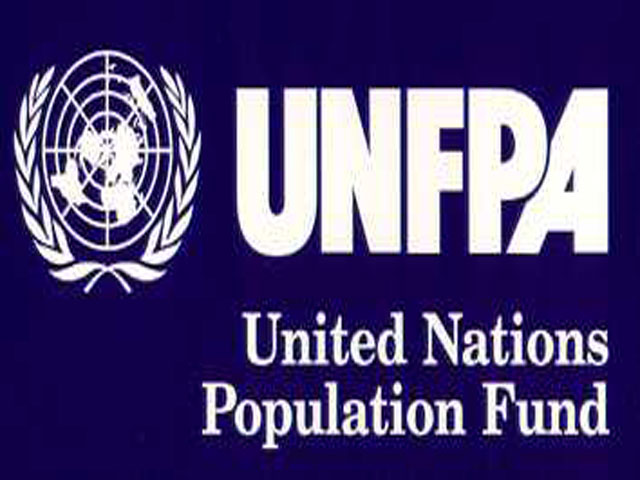The United Nations on Tuesday called on governments to step up action and give the world’s poorest women control over their bodies to reduce inequality in developing countries.
The UN Population Fund (UNFPA) made the call on Tuesday in its annual flagship ‘State of World Population’ report.
The UN says failure to do so, could thwart progress towards global goals aimed at ending poverty by the year 2030.
The UN agency said that countless women and girls worldwide are denied a say in decisions about sex and childbirth, and struggle to access health services such as family planning, leaving them at risk of unwanted pregnancies and abortions.
UNFPA also said that access to birth control allows women to delay and space births, reduce mother and child deaths.
The UN agency also said that access to birth control can boost economies by freeing up women to work, and leads to smaller families with parents able to spend more on children’s health and education.
Experts said many of the world’s poorest women, particularly the youngest, least educated and those living in rural areas, are missing out because such services are too few, too costly, or frowned upon by their families and communities.
This, UNFPA said, can widen the gender gap, reinforce inequality between the poorest and richest, and ultimately weaken economies.
The fund said denying women access to reproductive health services may also undermine the UN Sustainable Development Goals, a global plan to end poverty and inequality by the year 2030.
UNFPA’s Executive Director, Natalia Kanem, said in a statement on the launch of the report: “inequality today is not only about the haves and have nots … (it) is increasingly about the cans and cannots.
“Poor women who lack the means to make their own decisions about family size or who are in poor health because of inadequate reproductive health care dominate the ranks of the cannots.”
The report comes at an uncertain time for global efforts to improve family planning, with the United States, one of UNFPA’s top donors, having said in April it would stop funding the agency.
The United States contributed 69 million dollars in 2016.
In one of his first actions as U.S. president, Donald Trump reinstated a policy known by critics as the “global gag” rule, which withholds U.S. funding for international groups that perform abortions or tell women about legal options to do so.
“We are really sad that it has come to this,” Kanem told the Thomson Reuters Foundation at the London launch of the report.
“There is nothing more unfair than having a woman or girl, and her desires, relegated to the bottom of the heap.”
International donors vowed to help fill the funding gap at a summit on family planning in July, pledging 207 million dollars.
Yet UNFPA says it still needs an extra 700 million dollars by 2020.
Kanem said she feared this gap would hinder UNFPA’s ability to deliver services to those most in need, mainly rural women.
UNFPA said no fewer than 214 million women in developing nations cannot get access to contraceptives – resulting in 89 million unintended pregnancies and 48 million abortions each year.
However, a rising number of countries have pledged to boost their spending on reproductive health services, as part of the Family Planning 2020 initiative, which aims to give 120 million more women worldwide access to birth control.
Cambodia, Senegal and Rwanda have made the biggest strides since 2005 in reducing inequalities in access to contraception, antenatal care and skilled birth attendants, and cutting neonatal deaths among the poorest mothers, the report found.
Universal access to reproductive health services would lead to economic benefits of 430 billion dollars a year, experts say.
Every one dollar invested in family planning services yields up to $6 in savings on public services from health to housing, studies show.
“When people talk about inequality, they often think about money and wealth … but economic inequality is just the tip of the equality iceberg,” Richard Kollodge, senior editor of the UNFPA report told Reuters by phone.
“A new perspective which focuses on sexual and reproductive rights can help level the playing field,” Kollodge added. (Reuters/NAN)

